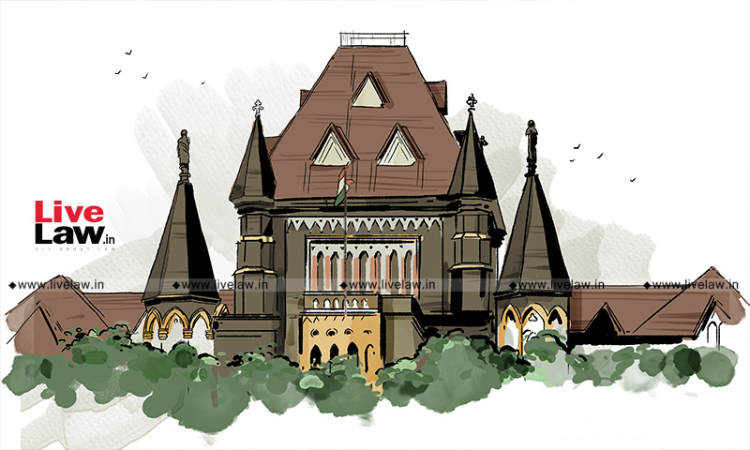Prolonged Incarceration: Bombay High Court Grants Bail To Man Accused Of Being ISIS Recruit
Sharmeen Hakim
14 Aug 2021 12:00 PM IST

The Bombay High Court noted that further incarceration of the appellant would be in the negation of the protection of life and personal liberty under Article 21.
Next Story


